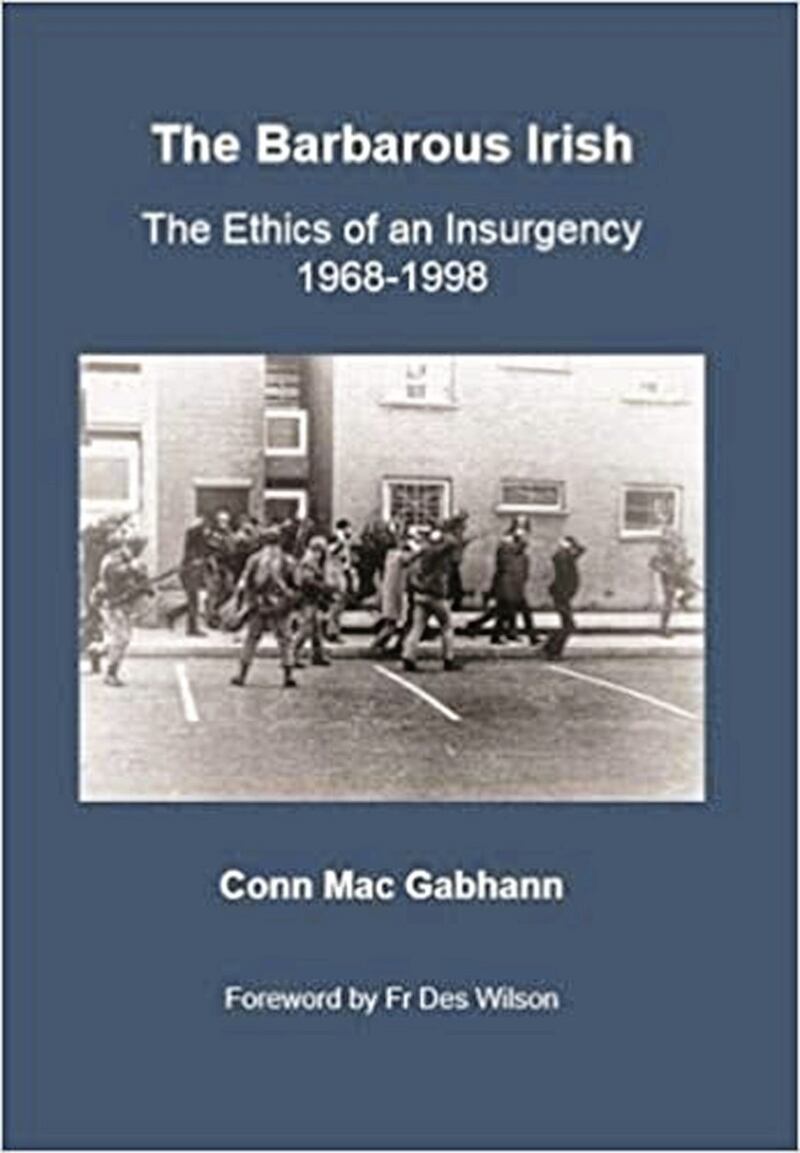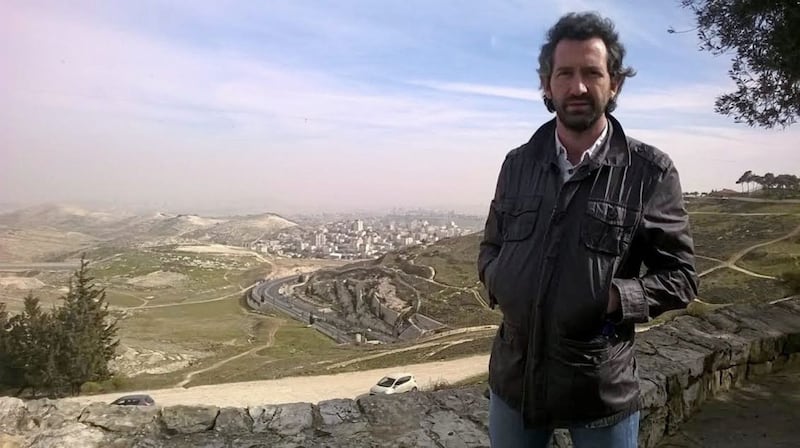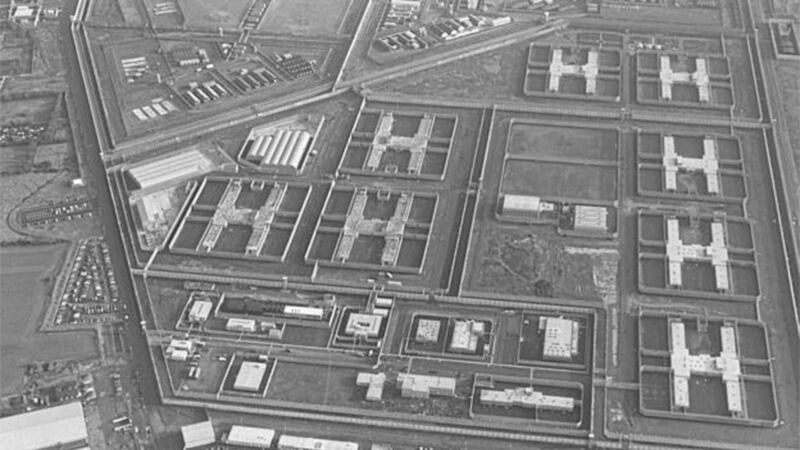Review: The Barbarous Irish: The Ethics of an Insurgency 1968-1998 by Conn Mac Gabhann
Review by Fr Gerry McFlynn
I well remember how prominently the 'just war' theory featured during the many conversations I had with the republican prisoners I visited in Long Kesh in the mid-1970s.
While their knowledge of the finer points of moral theology may have been limited, many believed they knew enough about the just war theory to justify their involvement in the conflict.
More often than not, my counter viewpoint about the efficacy and power of non-violence as a strategy fell on deaf ears.
Interestingly, the just war theory - built largely on the theology of St Augustine and St Thomas Aquinas - has no equivalent in Eastern Christianity where the Orthodox Church never developed a theory that seeks in advance, and under a set of abstract principles, to justify and morally endorse a strategy of violence for whatever end.
Needless to say, warfare has changed dramatically since those early centuries, so much so that in our nuclear age, its criteria of 'just cause', 'legitimate authority', 'proportionality' and the 'possibility of success', no longer even make sense.
But what about a limited conflict such as the Troubles?
In The Barbarous Irish: The Ethics of an Insurgency 1968-1998, Dr Conn Mac Gabhann applies these criteria to the IRA insurgency of the late 1960s and early 1970s and shows convincingly how that conflict has been misunderstood and misrepresented by the media, leading academics and historians as well as by prominent figures in Church and State.
This has led to the common assumption that the campaign by Republican insurgents was morally baseless.
Dr Mac Gabhann challenges this assumption by exploring a narrative from within the minority population which includes that community's experience of oppression and the moral reasoning which motivated some from within it to take up arms.

His conclusion is that from the perspective of the marginalised it is possible to apply to the insurgents some of the criteria of the just war theory.
But this study is far from being a vindication of the activities of one side in the conflict.
On the contrary, it is a serious attempt to understand the moral reasoning behind the actions of people from the oppressed community with a view to gaining a fuller understanding of the conflict.
And if some of the conclusions drawn from this perspective are surprising, that is because just war theorists and commentators have rarely engaged with a narrative from this community.
Drawing on an exhaustive and impressive range of articles, books, documents, reports and speeches related to the Troubles, Dr Mac Gabhann argues that those critical of the insurgency were motivated less by a willingness to understand the conflict than by ignorance and prejudice and an inability to appreciate the true nature of everyone's participation.
The Barbarous Irish is a serious attempt to understand the moral reasoning behind the actions of people from the oppressed community with a view to gaining a fuller understanding of the conflict
He is especially critical of those who wrote with hostility about the minority community from which the insurgents came without making any attempt to examine their social conditions and political background.
Significantly, most commentators made their objections to the violence not on the basis of pacifism or non-violence but rather on a specific and total rejection of the insurgents' struggle.
In so doing, Dr Mac Gabhann says, they serve as exemplars of how one can demonise a party to the conflict.
This is an important book, certainly the most thorough study of the morality of the violence in the conflict I have read.
It breaks new ground by attempting to understand in terms of the just war theory and Church teaching, how morally justified people from within the minority community were in resorting to an armed struggle.
Dr Mac Gabhann argues strongly that to engage with this perspective is not to take sides and exonerate the actions of one side in the conflict, but rather to lay the basis for a deeper interrogation of a perspective that for too long has been overlooked.
He rightly maintains that this narrative is a key component for any understanding of the conflict.
His book also challenges us to look beyond the dominant narratives which obfuscate ethical, political and historical discussions and, all too often, hide behind the convenient term of "terrorism".
We should be grateful to Dr Mac Gabhann, as the late Fr Des Wilson says in the foreword, for undertaking the study of a subject which many people have been afraid or unwilling to engage with.

Dr Conn Mac Gabhann is a native of Co Tyrone and holds degrees in Philosophy and Theology from the University of Oxford, Oxford Brookes University and Ulster University.
He has worked on behalf of victims and survivors of state violence in Northern Ireland and on prison reform initiatives in Britain while at the Irish Chaplaincy in London.
The Barbarous Irish: The Ethics of an Insurgency 1968-1998 by Conn Mac Gabhann is published by Lamh Dhearg.ie.

Fr Gerry McFlynn is a priest of the Down and Connor diocese, project manager at the Irish Chaplaincy in London and a vice president of Pax Christi, the international Catholic Peace Movement








